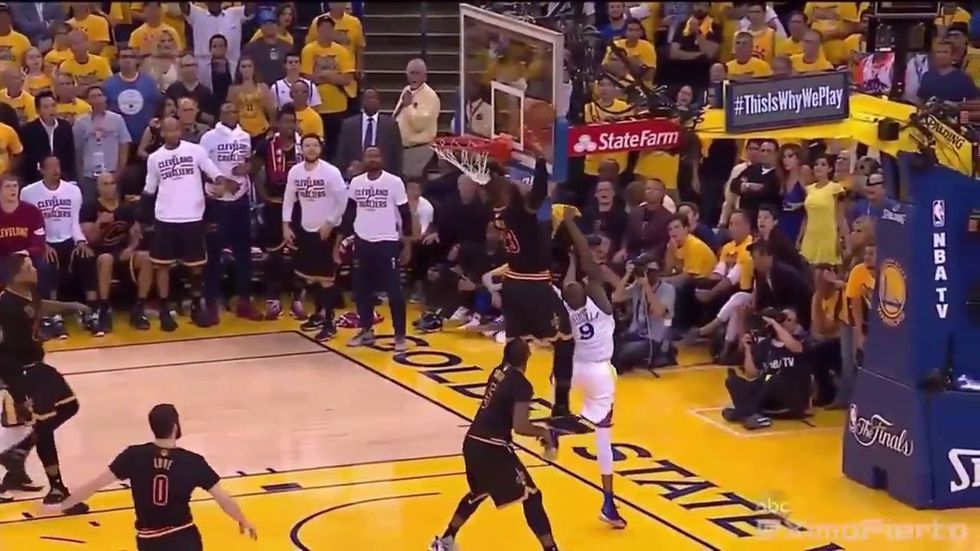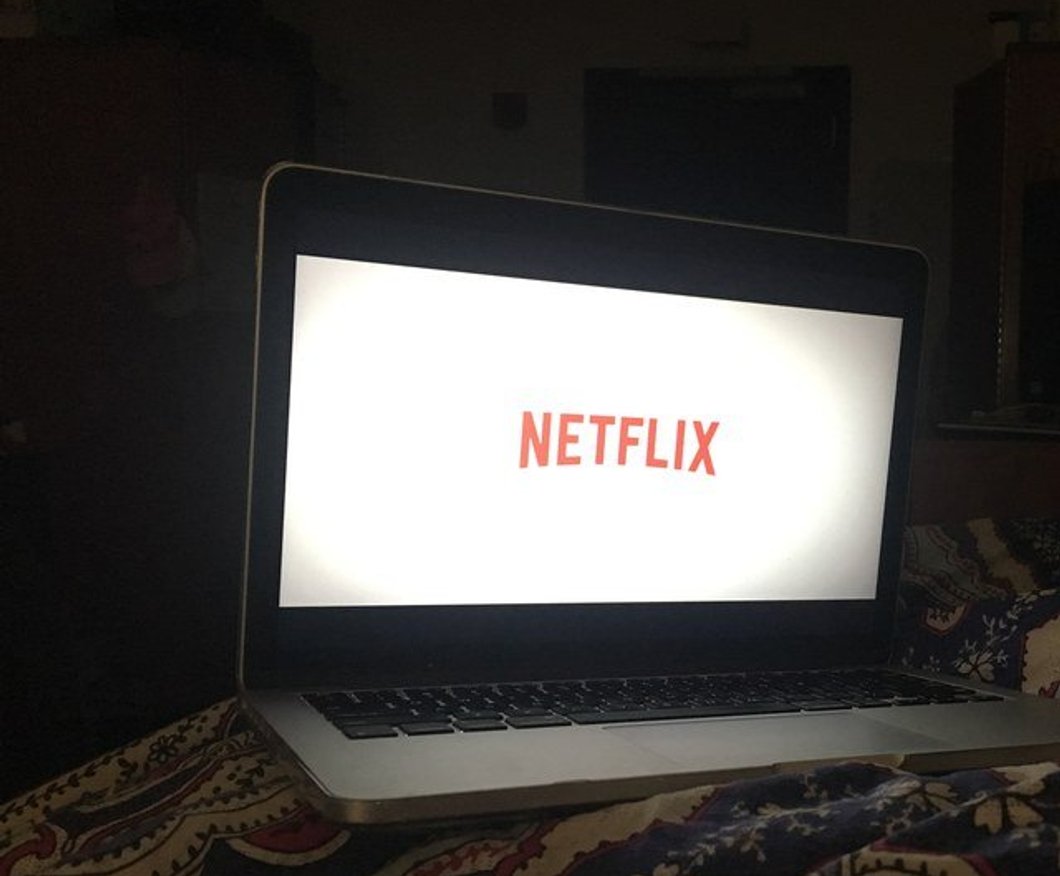Each of us, deep in our souls, has the gift of clutch. Look no further than the last time you had a paper due in less than an hour with more than two pages to write, and you were able to finish the paper (surely with phenomenal outcomes). That's what you were in that moment: clutch. Clutch as an adjective is defined as being "dependable in critical situations."
Jeff Wise, the author of Extreme Fear , a book about performance in moments of high pressure and danger, said that "there's no question that when pressure is intense, skilled performance are able to tap abilities that are otherwise kept in reserve." I'm sure myself and many of my peers, with final exams and papers on the near horizon, would like to tap into our deep-seated reserves of clutch to lift our grades.
Some believe that the idea of being clutch is a myth, that it is just a statistical anomaly that perhaps we notice it more when people succeed seemingly impossibly in high-pressure situations. According to Wise, to some extent, clutch is a myth - but it is only a myth for those that are not experts in their fields. Professional athletes are the best of the best in their respective sports, and in that context, clutch is not a myth. The truth behind clutch performances is that those we see as "clutch performers" have " a rich store of past experience, organized into a deep intuitive understanding.'
In Dr. Mark Otten's sports psychology lab, the researchers concluded that we can all be clutch, "provided [we're] in the right mental state." Those in high-pressure situations need to feel like they're in control, as those who felt like they were in control were the most likely to succeed under pressure. Obviously, confidence also helps. So those who feel confident and in control are the most likely to succeed in clutch situations.
I do not, however, find the psychological explanations of clutch performance satisfying. To me, clutch performance is not just a psychological phenomenon, but an art, and to me, an art is something that can never be adequately explained, but instead interpreted. There is no one-size-fit-all explanation, and so I will interpret the two most clutch plays in my favorite professional sport, the NBA. Both these plays took place in Game 7 of the 2016 NBA Finals between the Cleveland Cavaliers and the Golden State Warriors.
The two plays are as follows: Lebron James's game-saving block on Andre Iguodala's open layup out of nowhere, and Kyrie Irving's game-winning three pointer.
One thing is clear: the last two minutes of the game were absolute chaos. By this point in the series, both teams had been worn out and absolutely exhausted. The plays were nothing short of miraculous, as Lebron James was located at half-court while Iguodala was at the free throw line, and Irving's shot was heavily contested. When the stakes were highest, the two players succeeded and thrived. While neither team had scored in more than five minutes, the two players pulled through and won a championship for their team, on the road.
Clutch, for the, constituted not cracking under pressure, but thriving under it. The two of them have faces of laser focus indicating their confidence and sense of control in their situations. That is clutch. The game comes naturally to them, and it seems like they stop thinking as hard and just let it come. The two players slow down, and don't freak out. However, I don't know what is actually going on. in their heads. I am merely speculating, and I will never know unless I'm able to sit down and talk to Kyrie and LeBron one day.
I want to take a lesson from LeBron and Kyrie, too, and learn how I can become more clutch in a phase of high-pressure exams and papers. I want to be more clutch in job interviews, in times I'm usually afflicted with overwhelming anxiety, or in social situations that are incredibly awkward.
So to be clutch in our own lives, the formula in high-pressure seems to be this: feel more confident and in control. Slow down and let things come naturally. I have been able to reach these phases using a mantra that taught me to allow life to come naturally: "no surge." I am not saying the formula or even the mantra works for everyone, but it is a mantra that has worked for me given its emotional and historical significance in my life.
Approaching finals, deadlines at work, or difficult life events, find what works for you. Find out how to be clutch your own way, which is much easier said than done, but I don't need to be telling you how to do things you know best yourself. Look back on past events in your life where you were resilient, where you did succeed in high pressure and high stakes situations. What did you do then? What can you learn from it now?





 Photo by
Photo by  Photo by
Photo by  Photo by
Photo by  Photo by
Photo by  Photo by
Photo by 









